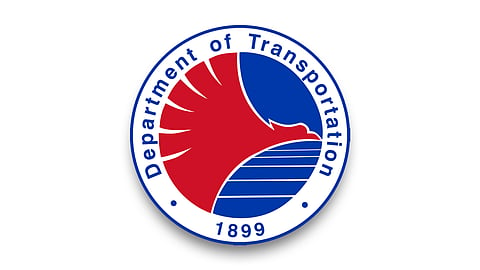
- NEWS
- the EDIT
- COMMENTARY
- BUSINESS
- LIFE
- SHOW
- ACTION
- GLOBAL GOALS
- SNAPS
- DYARYO TIRADA
- MORE

The Philippines is laying the groundwork for Sustainable Aviation Fuel (SAF) production and usage, leveraging its abundant agricultural waste feedstock to meet domestic jet fuel demands and unlock export potential.
In partnership with global aerospace leader Boeing, the Department of Transportation (DOTr) reaffirmed its commitment to sustainable aviation during the Sustainable Aviation Fuel (SAF) Forum 1, hosted by the Philippines on 28 February 2025.
According to the DOTr, the country has sufficient agricultural waste feedstock to support domestic SAF production while also offering export opportunities.
"Our dedication to a sustainable aviation industry is demonstrated by the success of the Philippines Sustainable Aviation Fuel (SAF) Forum. Through innovation and collaboration, we are setting the stage for the Philippines to become a leader in SAF production and usage," the agency stated.
The forum also emphasized that SAF development fosters job creation and opens learning opportunities in the aviation sector.
The forum highlighted SAF as a crucial solution for reducing aviation's carbon footprint, with industry research indicating that SAF can cut emissions by up to 80% compared to traditional jet fuel.
Boeing Southeast Asia President Penny Burtt underscored the Philippines’ long-standing partnership with the company and their mutual commitment to aviation decarbonization.
"As commercial aviation works toward its net-zero goal by 2050, the Philippines has enough agricultural waste feedstock to meet all of its jet fuel needs," Burtt stated.
Boeing has pledged continued collaboration with the Philippine Department of Transportation and aviation stakeholders to expand aviation capacity and advance sustainability efforts in the country.
The conference also outlined key elements for achieving sustainable SAF production, including talent development, financial and legislative support, and sufficient feedstock availability.
A report by the Roundtable on Sustainable Biomaterials (RSB), supported by Boeing, revealed that Southeast Asian feedstocks could supply nearly 12% of the global SAF demand, helping the commercial aviation industry achieve net-zero emissions by 2050.
The study highlighted the Philippines, Vietnam, Thailand, and Indonesia as major SAF contributors in the region, with Malaysia accounting for 90% of Southeast Asia’s total SAF feedstock availability.
Meanwhile, the Association of Asia Pacific Airlines (AAPA) has set a 5% SAF blend target by 2030, marking a significant step toward sustainable aviation in the region.
